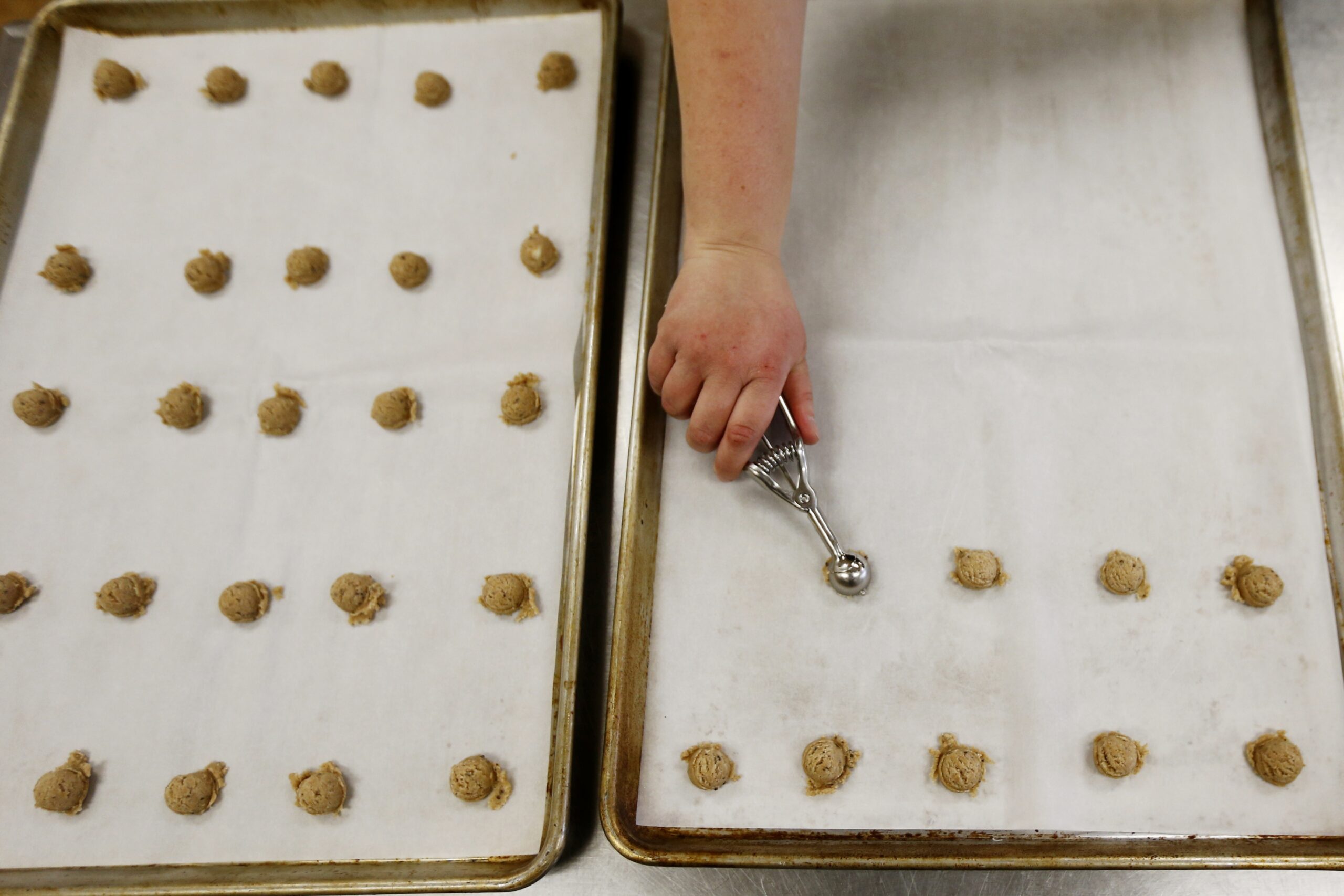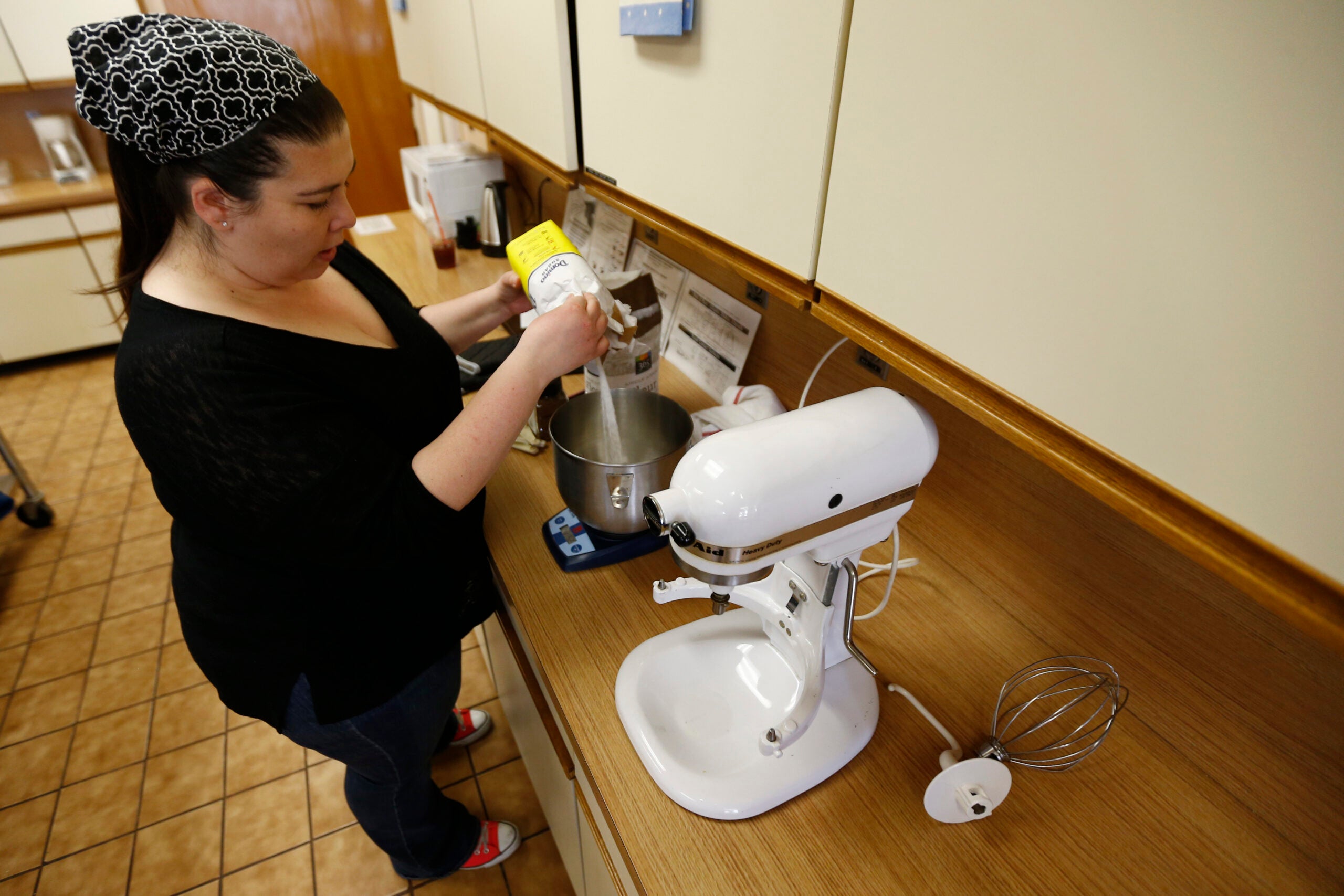A Wisconsin judge has ruled again in favor of home bakers, clarifying that state officials must allow the sale of homemade baked goods regardless of whether they use traditional flour.
Lafayette County Judge Duane Jorgenson first ruled in 2017 that state restrictions on the sale of homemade breads, cookies and other shelf-stable baked goods were unconstitutional and primarily served business interests instead of public health concerns.
But the case’s original plaintiffs, three farmers and home bakers, filed a motion with the court earlier this year, arguing the way the state Department of Agriculture, Trade and Consumer Protection had interpreted that ruling places unfair limits on at-home producers.
News with a little more humanity
WPR’s “Wisconsin Today” newsletter keeps you connected to the state you love without feeling overwhelmed. No paywall. No agenda. No corporate filter.
DATCP’s guidance said the licensing exemption under the original lawsuit “applies only to flour-based ‘baked goods’” as indirectly defined in the state’s legal definition of a “bakery.” That definition is any place that makes “bread, crackers, pasta or pies, or any other food product for which flour or meal is the principal ingredient.”
During a hearing Thursday, Jorgenson agreed with the home bakers that his original ruling applied to all shelf-stable baked goods and DATCP’s flour-based guidance did not follow that ruling.
“There’s nothing magical about flour. If it’s safe and shelf-stable, and you make it in your home, you get to sell it,” said Suranjan Sen, an attorney with the Institute for Justice who was representing the home bakers. “People throughout Wisconsin now can sell these goods that they’ve had a right to sell for years and the government had been abridging that right without any kind of base or justification.”
Sen said he’ll be working with DATCP’s lawyers on an order clarifying the judge’s decision over the next few days. But he said home bakers can immediately begin selling their flourless shelf-stable items.
Dela Ends, one of the plaintiffs in the lawsuit, said the decision is a relief to bakers across Wisconsin who are trying to earn money from their home kitchens.
“This has been a really rough year we’ve come through and this ruling helps us, helps people to survive,” Ends said. “I’ve heard of bakers who had to actually close their store but were able to still sell their product because of the help that Institute for Justice has given us.”
The state’s previous flour-based restrictions hit home for Ends because her daughter has Celiac disease, an immune reaction to gluten.
She said many gluten-free products sold in grocery stores fall short of being a good alternative to flour-based items, creating the perfect market opportunity for home bakers like herself.
“Our products are always really fresh when they get to customers and so many people need gluten-free products now,” Ends said.
Ends is also a plaintiff in a second lawsuit against DATCP filed by the Institute for Justice earlier this year. That lawsuit asks the court to strike down what they say is an arbitrary ban on selling other shelf-stable food items made at home like candies, donuts and roasted coffee beans. A hearing on that lawsuit is scheduled for June 3 in Lafayette County Court.
A DATCP spokesperson said the agency is still reviewing the outcome of Thursday’s hearing and will make necessary changes to their public guidance when appropriate.
Wisconsin Public Radio, © Copyright 2026, Board of Regents of the University of Wisconsin System and Wisconsin Educational Communications Board.






